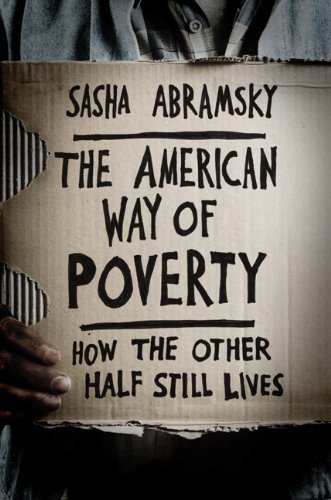four dollar gallon
By Sasha on Nov 12, 2007 | In Uncategorized, politics | 1 Comment »
In June 2000, then-presidential candidate George W. Bush told reporters, according to CNN, that Al Gore was responsible for spiking oil prices. Gore, said the GOP man, “writes in a book that he thinks we ought to have higher fuel prices, and now that he’s running for president and there’s higher fuel prices, he seems to be changing his tune.”
Bush’s words were part of a steady drumbeat of conservative criticism launched at the
Ah… those innocent, halcyon days. Seven years of GOP-rule, and a half-decade of middle-eastern wars later, oil prices are about to hit $100 a barrel. And in many parts of
At the same time, because the Republicans so aggressively squashed attempts to raise the minimum wage during the first six years of the Bush presidency, tens of millions of Americans are earning about the same wages they were earning back in 2000 when they were hit so hard by the $2 gallon.
The scandal is in the combo of high energy prices and low wages.
Poor people can’t afford newer, more environmentally sensible cars, so they make their old gaz-guzzlers last well into automotive senility. I wrote about people in this sorry situation last year, back when gas prices were hitting the then-unfathomable $3 mark and poor people in rural counties working minimum wage jobs found themselves spending upwards of twenty percent of their income buying gas to drive to their dead-end jobs.
If gas was hitting $4 a gallon because Bush had had a road-to-Damascus awakening and had prodded Congress to enact a $2 a gallon gasoline tax so that billions of dollars could be raised for R & D into carbon-neutral energy technologies, subsidies so that poor people could afford more efficient vehicles, and a better public transport infrastructure, I’d say more power to him. But the fact is the per-barrel cost of gas is now close to triple what it was when prices peaked in 2000, and all those tens of billions of extra dollars Americans now have to spend annually filling their tanks are flowing into the treasuries of oil-producing countries and into the flush bank accounts of transnational oil companies. It’s an absolutely stunning transfer of funds and rearrangement of geopolitical power.
So where’s the outrage of the Heritage Foundation, and the concern for the little people now? In particular, where is Bush – the man who blamed the $2 gallon on a hypothetical call for higher gas taxes – today, when people earning scandalously low wages, at least in part because of his administration’s antipathy to the minimum wage, are spending a quarter of their meager paycheck simply filling up their cars to drive to work? The answer is asleep on the job, unable, because of his addiction to free market ideology, to think up creative subsidies, tax rebates and other financial and regulatory mechanisms that could ease the pain of poor people left to the oh-so-tender mercies of global energy markets.



